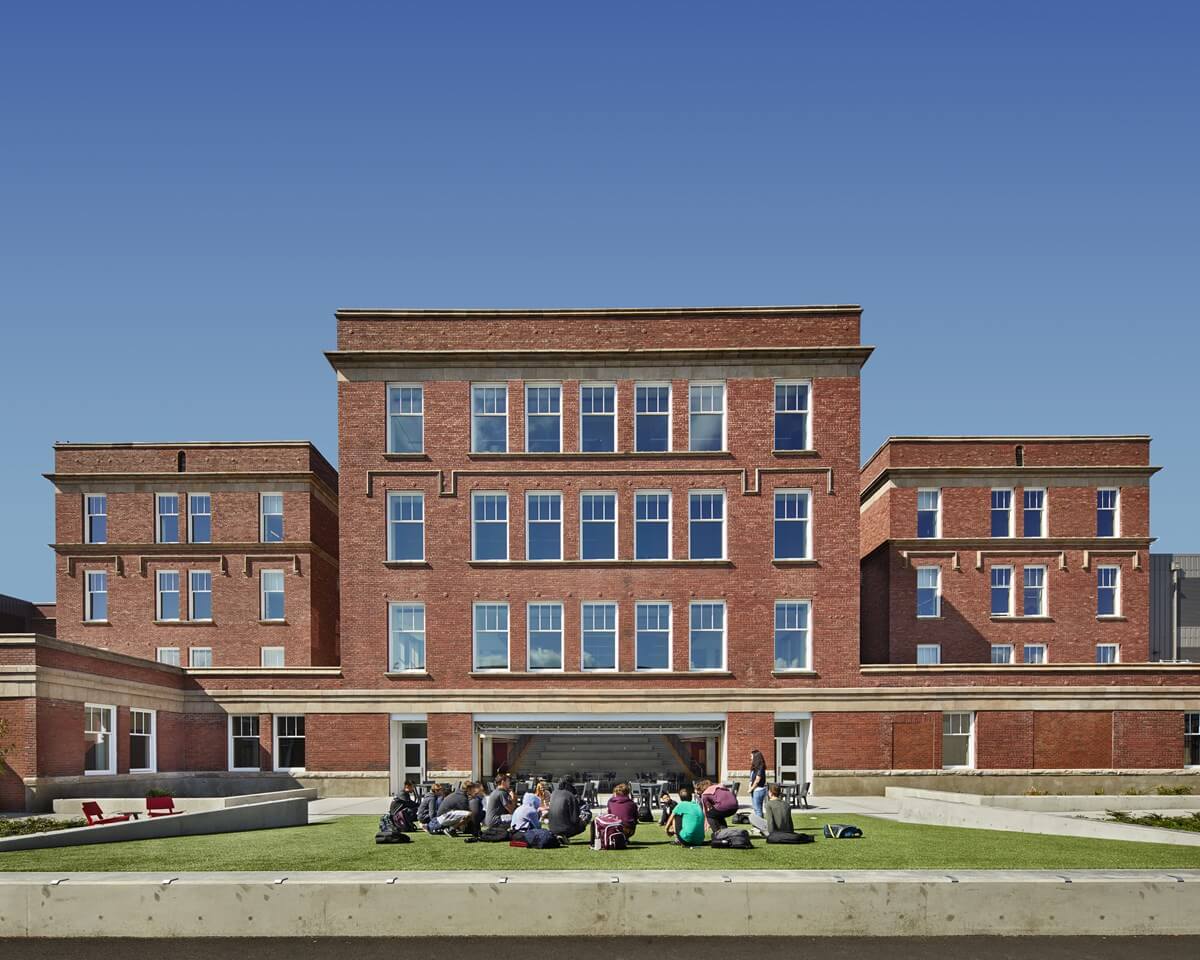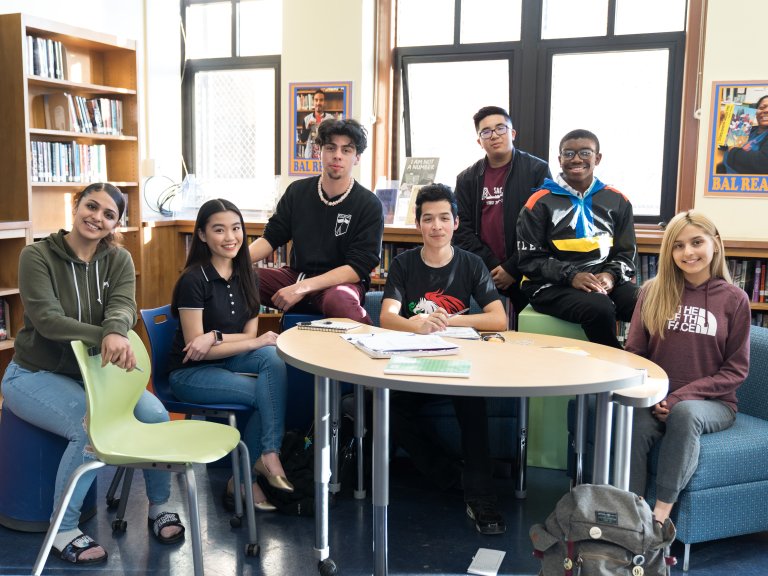Why It's Critical to Rally With Each Other to Save Temecula Schools
Why It's Critical to Rally With Each Other to Save Temecula Schools
Blog Article
Recognizing the Significance of Institutions in Kid Growth and Neighborhood Growth
Schools act as crucial institutions for kid development and neighborhood development, providing atmospheres where academic success are matched by the cultivation of social abilities and exposure to diverse perspectives. These educational settings not just promote essential reasoning and effective interaction however additionally foster empathy with joint jobs. Additionally, schools' interaction with regional areas with service-learning initiatives strengthens the bond in between families and educational organizations. This symbiotic relationship emphasizes the value of institutions in nurturing energetic citizenship and lifelong learning routines. What are the details devices by which these organizations attain such extensive influences?
Academic Accomplishment
Academic accomplishment acts as a cornerstone of youngster development, supplying the structure upon which future understanding and success are built. Institutions play an essential function in promoting this academic development, offering organized atmospheres where kids can acquire important expertise and cognitive skills. Standard curricula guarantee that trainees gain effectiveness in core topics such as mathematics, science, and language arts, which are important for both college and expert chances.
Along with imparting essential academic abilities, schools likewise cultivate essential reasoning, analytical abilities, and intellectual curiosity. These cognitive competencies are essential for navigating intricate real-world situations and adapting to the ever-evolving demands of the modern-day work environment. Teachers, as facilitators of understanding, employ varied pedagogical strategies to satisfy diverse discovering styles, therefore maximizing specific pupil potential.
Moreover, academic success is closely connected to self-worth and motivation. Children who experience scholastic accomplishments are more probable to establish a favorable self-concept and a long-lasting interest for discovering. Schools also use numerous resources, such as libraries and innovation, which better enhance the educational experience and prepare trainees for a technically innovative culture.
Social Skill Growth
Beyond academic achievement, the role of institutions in social ability advancement is indispensable. Schools function as a main venue for kids to discover and exercise crucial social abilities such as dispute, teamwork, and communication resolution. In the organized setting of a class, trainees connect with peers, instructors, and other school staff, offering numerous opportunities to develop these crucial capabilities.
Efficient social skill advancement in colleges is facilitated through team tasks, collaborative tasks, and extracurricular programs. These communications help trainees understand social standards, develop compassion, and foster a feeling of neighborhood. As an example, group projects teach pupils exactly how to function together in the direction of a typical goal, pay attention to various perspectives, and browse disagreements constructively.

The farming of social skills during college years lays a foundation for future personal and expert partnerships. other Save Temecula Schools. As students develop, the ability to properly communicate and work together becomes progressively crucial, emphasizing the school's critical role in alternative kid growth
Direct Exposure to Variety
Direct exposure to diversity in schools is fundamental to cultivating a comprehensive frame of mind and expanding pupils' perspectives. Schools function as a microcosm of the broader culture, and coming across diverse cultures, languages, and socioeconomic backgrounds within this environment equips pupils with important abilities for navigating a significantly globalized world. This exposure urges empathy, reduces bias, and advertises common respect amongst peers.
Research study indicates that pupils who interact with peers from varied histories exhibit much better analytic abilities and creative thinking. This understanding of diversity prepares pupils for future workplaces that value multicultural competence - Save Temecula Schools.

Community Engagement
The benefits of varied class extend beyond the college walls, promoting a solid feeling of area involvement among students. By communicating with peers from various social, socioeconomic, and ethnic histories, pupils obtain a more comprehensive point of view and a gratitude for variety. This direct exposure urges them to become energetic residents who agree to add positively to their neighborhoods.
Colleges that stress area involvement typically include service-learning tasks, which permit pupils to attend to real-world problems while using scholastic abilities. These projects not just improve students' understanding of their coursework but additionally impart a sense of obligation and empathy. Moreover, partnerships in between institutions and check my site regional organizations provide pupils with chances to join community events, better solidifying their function as positive community participants.
In addition, adult and neighborhood participation in schools enhances the bond between academic institutions and the communities they serve. With these initiatives, schools play a critical duty in supporting community interaction and promoting social development.
Lifelong Knowing Behaviors
Developing long-lasting learning habits is crucial for a kid's continual development and adaptability in an ever-changing globe. Colleges play a critical function in instilling these behaviors by producing an atmosphere that fosters interest, crucial thinking, and a love for expertise. Via diverse curricula and extracurricular tasks, teachers encourage trainees to check out various subjects, examine info seriously, and use their finding out to real-world circumstances.

Furthermore, institutions offer a structured setting where children can establish self-discipline and time monitoring skills, both of which are crucial for constant understanding. By highlighting the importance of setting goals, assessing development, and adjusting methods, universities prepare trainees to navigate the complexities of grown-up life, ensuring they stay long-lasting learners and factors to culture.
Conclusion
In verdict, colleges are essential in fostering child development and community development by offering settings for scholastic achievement, social ability advancement, and direct exposure to variety. Through collaborative jobs and communications, institutions enhance crucial thinking, empathy, and communication skills. Community interaction initiatives even more enhance the bond between local neighborhoods and educational organizations. Ultimately, colleges grow long-lasting knowing practices, gearing up individuals with the needed understanding and skills to contribute positively to society.
In the structured atmosphere of a class, pupils connect with peers, teachers, and other school team, using many chances to establish these essential capacities.
In significance, direct exposure to variety within schools not only improves private pupils yet also enhances the social material of the community as a whole.
The benefits of diverse class prolong past the college wall surfaces, promoting a strong feeling of neighborhood interaction amongst students.Institutions that highlight area engagement commonly incorporate service-learning jobs, which enable students to attend to real-world problems while applying scholastic skills. Partnerships in between colleges and neighborhood companies give students with possibilities to participate in neighborhood occasions, further solidifying their function as proactive community participants.
Report this page